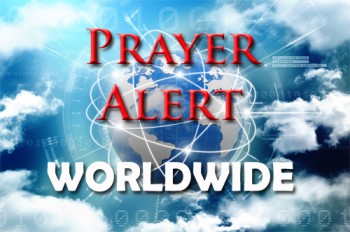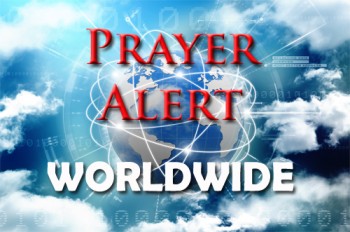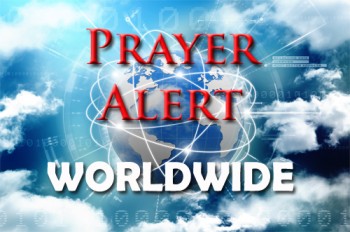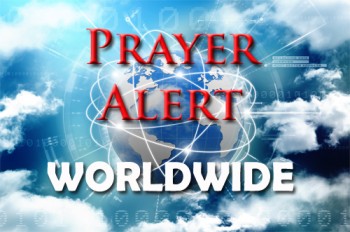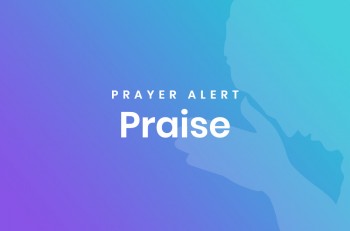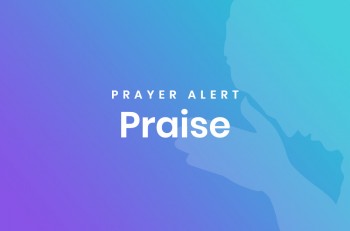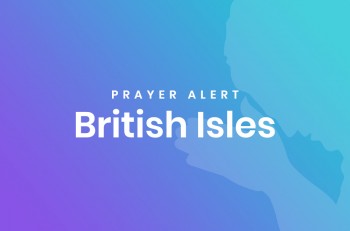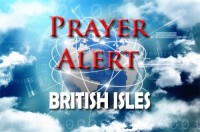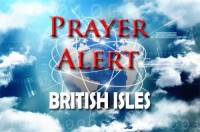Turkey: Muslim refugees and Christian aid
A Muslim man recently told a Turkish ministry leader, ‘In a few weeks I’m going to go down to the refugee camps. I have a friend who bought a young Syrian girl to be his second wife; I am going to go and pick one for myself.’ The leader replied, ‘I’m very sad that you would want to buy a little girl as a slave and take advantage of these poor people who are just trying to survive.’ It’s too dangerous for most Syrian refugees to return home, even if they have homes to return to after seven years of war. Mothers in refugee camps are grief-stricken when criminals steal and sell their daughters. The refugees are aware that it is Muslims who are buying their daughters, and that Christians are the ones bringing them compassionate aid of food and blankets. Recently a worker was asked by a Muslim refugee, ‘Please pray for us!’
Uganda: mother and pastor fear for their lives
Uganda’s constitution provides for religious freedom, including conversion from one faith to another. Muslims make up 12% of Uganda’s population. Recently, Muslims in eastern Uganda sent a Christian mother to hospital with injuries for praying in Jesus’s name, and tore down a church building nearby. Both the woman and the church’s pastor fear that their lives are in danger. Deborah Gimbo was attacked while praying by herself in her home. She also prays three evenings a week in her home with two Christian women. The assailants said, ‘Today we warn you that you should avoid noisy prayers and the use of Issa [Jesus] in your prayers.’ A local imam told the assailants, ‘People who pray in Jesus’ name should be fought and pressured until they only worship Allah, or are killed’. Pastor Simon Mustafa Waseke, a former Muslim, had his church destroyed by villagers. The assailants threatened to kill him if he stays in the area.
Africa: elections, poverty and potential
This year, 24 of Africa’s 54 countries are scheduled to hold legislative, general, or presidential elections. Extreme poverty and state fragility prevail in parts of Africa. This year, the World Data Lab estimates that by 2030, 70% of the world’s poor will live in Africa (notably in Nigeria and the Congo) and by that date 13 African countries will have seen an increase in the number of those living in extreme poverty. Based on these forecasts, poverty will continue to strain government institutions and threaten stability. Climate change is expected to exacerbate the challenge, with disproportionate effects on the Sahel and other unstable areas. However, massive opportunities exist for many to enter greater prosperity. The middle class is expanding, businesses are growing to meet consumption needs, and a young fast-growing population with rapid technology adoption is making the continent fertile for innovation. Pray for institutional changes and new approaches to eliminate poverty so that no country is left behind.
Freedom of religion outside the EU
In 2016, the EU parliament called for a permanent special envoy for freedom of religion and belief (FoRB), after the genocide of Christians, Yazidis and religious minorities by IS. One was appointed but his mandate was temporary; he was deprived of financial and human resources, and not fully integrated into the EU foreign strategy and policy. Consequently, the situation for minorities has deteriorated. 200 million Christians suffered brutal forms of persecution in 2018. 350 million Christians experienced discrimination. A proposal about this was put to the European parliament on 15 January; it was adopted, but further details are not yet known. It is hoped that a mandate will be fully integrated into EU foreign policies, with adequate financial and human resources to give real protection of FoRB.

